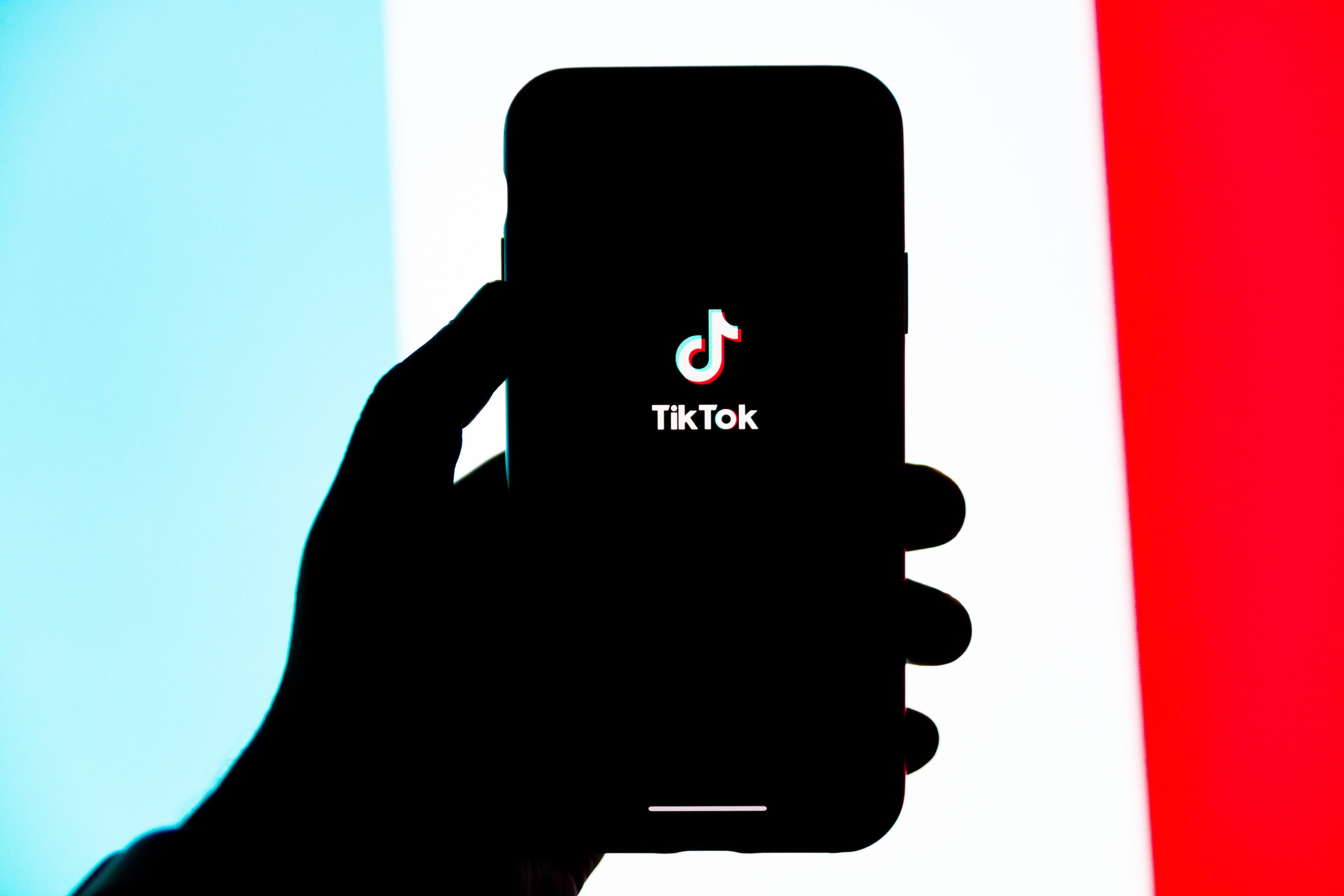The meteoric rise of the short-form video-sharing platform TikTok has created a cultural phenomenon, transforming the way we interact with and consume media. From Gen Z users to Baby Boomers, the app has attracted a wide range of users, leading to its impressive growth and making it one of the most visited platforms online. With growing popularity, TikTok has become an important part of our culture, providing endless opportunities for connection and entertainment.
Experts have raised concerns that without proper oversight, the app could expose users to a variety of cyberbullying, radicalization and other negative influences. Additionally, due to the app's global spread, the potential for exposure to inappropriate and potentially dangerous content is higher than ever, with some reports of graphic material, even featuring minors, being made visible to users. As a result, it is imperative that steps to ensure the safety of those in their care, such as setting clear expectations for appropriate use and monitoring usage closely. Yesterday, UT Austin introduced regulations that students and faculty will not be able to access the TikTok while connected to university internet servers. We also know that Gov. Greg Abbott directed state agencies to ban the app on government-issued devices citing cybersecurity risks. More than half US states govt. devices are not able to access the app. And other universities have taken similar measures.
If the US were to ban TikTok, it would undoubtedly have a significant impact on both the tech industry and the lives of users. The app, which has become incredibly popular among young people in particular, has grown exponentially since it was launched in 2016 and now has an estimated 800 million active users worldwide. A US ban would mean that the app would no longer be available to its American users, and it would likely have a negative effect on the business of parent company ByteDance, which created TikTok and has become one of the most valuable startups in the world as a result of its success. It is also possible that a US ban could lead to other countries taking similar action, which would further damage the app's reputation and make it difficult for ByteDance to do business in the global market.




















